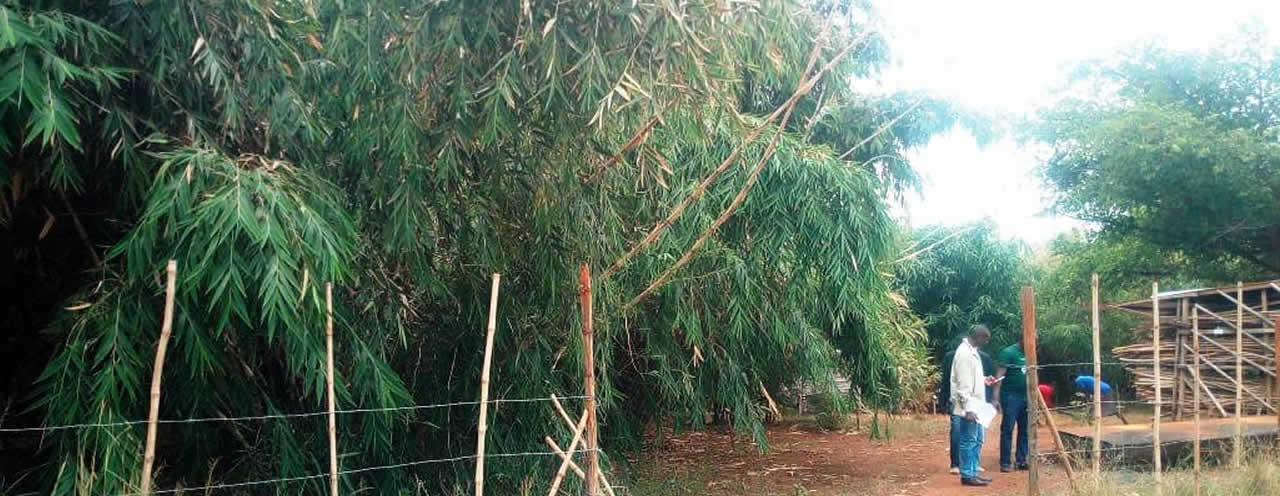- Water bottling plant in Tunyai, Tharaka Nithi County
We do not inherit the earth from our fathers, we borrow it from our children.Water bottling plant

We do not inherit the earth from our fathers, we borrow it from our children.Water bottling plant


The Membrane Bioreactor System for Rosslyn Academy Gigiri
The Membrane Bioreactor System -is process that combines an activated sludge biological treatment process with an innovative membrane filtration system. MBR system that provides superior management of the membrane environment, stable and flexible operation, and less overall maintenance, providing significant cost savings.

Wei Wei Irrigation Project in West Pokot County by KVDA

To complement our on-the-ground environmental services, Ecosustainability Hub Consultants Ltd provides art mapping and spatial analysis services that add value to your environmental data. We advise government, private sector, and non-government clients on the geographic information systems technology for environmental monitoring and management around the world. With expertise in remote sensing, GIS, and data management, our specialists develop datasets and analyses that allow you to observe and understand key environmental features of your project. We gather and analyze geospatial and satellite Earth observation data to extract levels of information to highlight patterns and relationships useful for your project, such as terrain, land cover, the built environment, water resources, and sensitive habitats. This department is headed by Juliana Ohinya who is Practicing Physical Planner with vast experience in planning and development, holding a Bachelor’s Degree in in Urban and Regional Planning, both from the University of Nairobi. In addition, Juliana also has a Post-Graduate Certificate in Geographical Information Systems and is currently a mapping professional on key planning projects done within counties and towns within Kenya. Juliana is also a member with the Kenya Institute of Planners (KIP), and her skills range from leading in mapping, detailed physical planning design, feasibility studies, regional planning solutions, planning policy design and geographical information solutions. For more information, reach her directly on ohinya@eshubconsult.com or 0708009192.

Deposit Return Scheme
Plastic waste in the Kenya is on the rise by a fifth by 2030. We need to be tackling the problem on all fronts by reducing, reusing and recycling. That means introducing a standard approach to recycling. Ecosustainability Hub Consultants can design a deposit return system that will work well for everyone in Kenya, providing increased recycling rates and quality of recycling, reductions in littering and business opportunities. We utilize a wide range of views as possible to help us design an effective system. By incentivizing their return to a designated collection point, the scheme ensures that containers are properly recycled, becoming a high value resource rather than being lost through landfill or littering. Deposit return offers the chance to embed a step change in recycling performance. Other systems in Europe are achieving capture rates of up to 95% for target materials compared with around less than 5% in Kenya at present. Furthermore, plastic and metal in particular are very valuable materials. This value is reduced through ‘contamination’, in other words by being mixed in with other materials of lower value. Deposit return schemes offer a good opportunity to minimize contamination and maximize the value of the collected material. This is because items will be returned to a separate, not comingled system and will only be accepted into the system if they are the right kind of material.
The return deposit scheme is intended to cut the litter polluting the land and sea by returning a small cash sum to consumers who return their bottles and cans.
The products being considered in particular are: